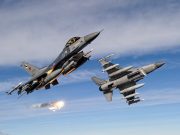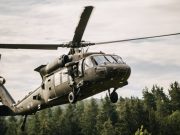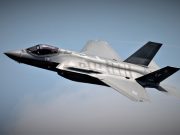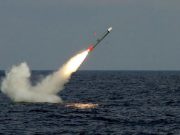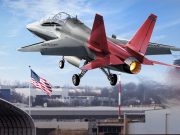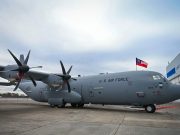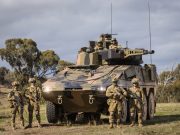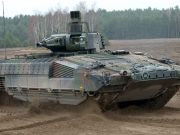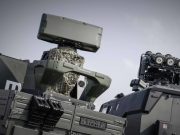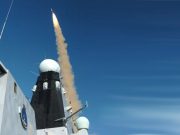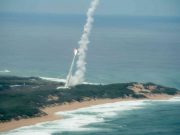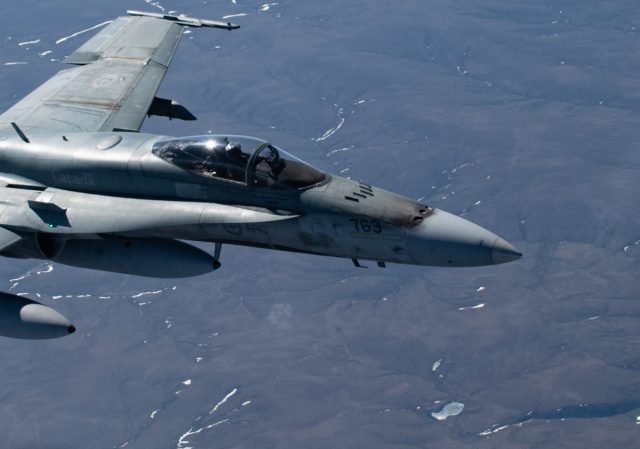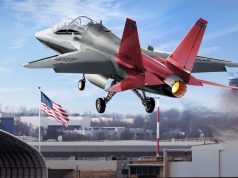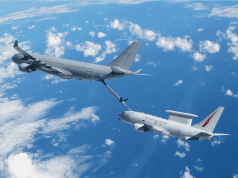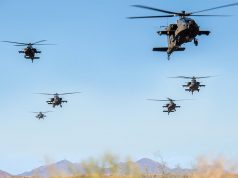US-based Lockheed Martin and Sweden’s Saab have been selected to supply revised offers for Canada’s future fighter program, while Boeing has been reportedly told its design did not meet the requirements.
This was reported by local media on Thursday based on unnamed sources. According to the reports, the Super Hornet that was offered for Canada’s program to find a successor for the CF-18 Hornet fighter fleet currently in service failed one or more requirements.
While this could be an indicator that Boeing is out of the competition, none of the three contenders have been officially informed whether they are proceeding to the next phase of the program or not. Boeing refrained from comment before an official notification has been released.
Canada intends to acquire 88 new aircraft to replace its air force’s existing CF-18 Hornet fighter fleet. The country expects to finalize terms with the preferred bidder prior to contract award anticipated in 2022. Delivery of the first aircraft is expected as early as 2025.
Sweden’s Saab, leading a team composed of Diehl Defence, MBDA UK, and Israel’s Rafael, submitted its Gripen E fighter for the Future Fighter Capability Project. Lockheed Martin offered its fifth-generation F-35 stealth fighter jet, while Boeing pitched its F/A-18 Super Hornet Block III fighter. Dassault Aviation and Airbus previously withdrew from the competition.
Until the new aircraft start arriving and gradually phasing out the Hornet, Canada is investing in upgrades to the Hornet fleet and has so far ordered 36 AESA radars for the aircraft. The goal is to keep the Hornets in the air until 2032.


